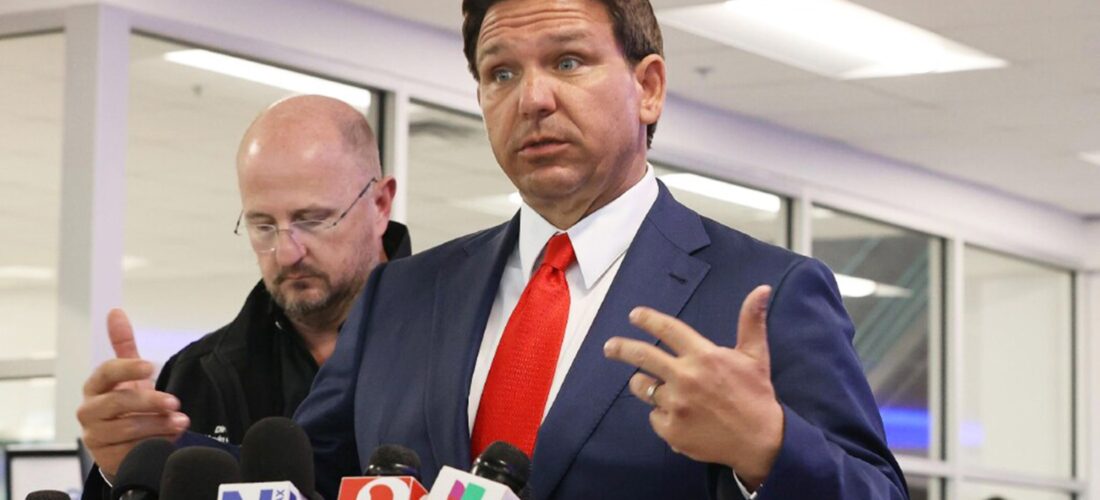Florida’s Six-Week Abortion Ban Will Go Into Effect Next Month
The Florida Supreme Court has cleared the way for a ban on abortions at six weeks gestation — before many women realize they are pregnant — to go into effect. At the same time, the justices on Monday approved a measure to be placed on the ballot this November that, if approved by 60 percent of voters, will enshrine the right to an abortion in the state’s constitution.
The court, stacked with ultra-conservative appointees of Gov. Ron DeSantis (R), waited until the last possible moment to rule on the ballot measure — according to state law, it needed to reach a decision by April 1 — and chose to pair it with a long-awaited ruling on a challenge to the state’s 15-week abortion ban.
Monday’s decision will allow a much more restrictive six-week ban, passed by the Republican supermajority in Tallahassee and signed into law by DeSantis one year ago, to go into effect in 30 days.
Before the U.S. Supreme Court overturned Roe v. Wade in 2022, Florida had one of the highest abortion rates in the country. As surrounding states have banned or severely restricted the practice, Florida has become the only state in the region offering care after 12 weeks, making it a critical access point for millions of people across the South.
Despite the imposition of a 15-week ban in 2022, the number of abortions performed in the state increased by 15 percent in the first six months of last year, according to a survey by the Guttmacher Institute. Researchers attributed the majority of that increase — 65 percent — to patients traveling to Florida from out of state.
Dramatically reducing access to abortion in the third most populous state in the country — even temporarily — will have an enormous impact, within the state and beyond its borders.
With the ruling, the closest states where abortion access exists beyond 12 weeks are North Carolina and Virginia. “North Carolina and Virginia in total can see less than 65,000 patients, so there is nowhere accessible for these folks to go when they’re going to be denied access to care. Tens of thousands of people will not be able to receive care,” Lauren Brenzel, campaign director for Floridians Protecting Freedom, which is supporting the ballot measure, told Rolling Stone last year. “The next closest major access states are Illinois and New York. We’re sitting on the precipice of the largest public health crisis that’s been created since the overturn of Roe v. Wade.”
In upholding the 15-week ban, justices concluded that the ban did not violate Florida’s robust right to privacy. Every Floridian, according to the state’s constitution, “has the right to be let alone and free from governmental intrusion in the person’s private life.”
The measure the court ruled can appear on the ballot in November would protect abortion access up to the point of viability, around 24 weeks gestation. A poll released in December found 62 percent of Floridians would support the proposed constitutional amendment — enough to meet Florida’s unusually high 60-percent threshold to amend the constitution.
The ballot initiative ruling follows last-ditch efforts by Republican Attorney General Ashley Moody, as well as the powerful anti-abortion groups Susan B. Anthony Pro-Life America and Liberty Counsel, to convince the court that allowing voters to weigh in on the measure could violate the constitutional rights of an “unborn person.” Justices were apparently unmoved by the personhood argument, voting unanimously to allow the measure to go before voters in November.
